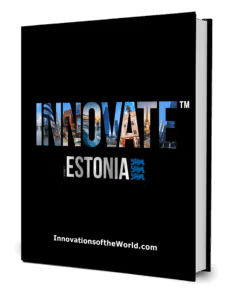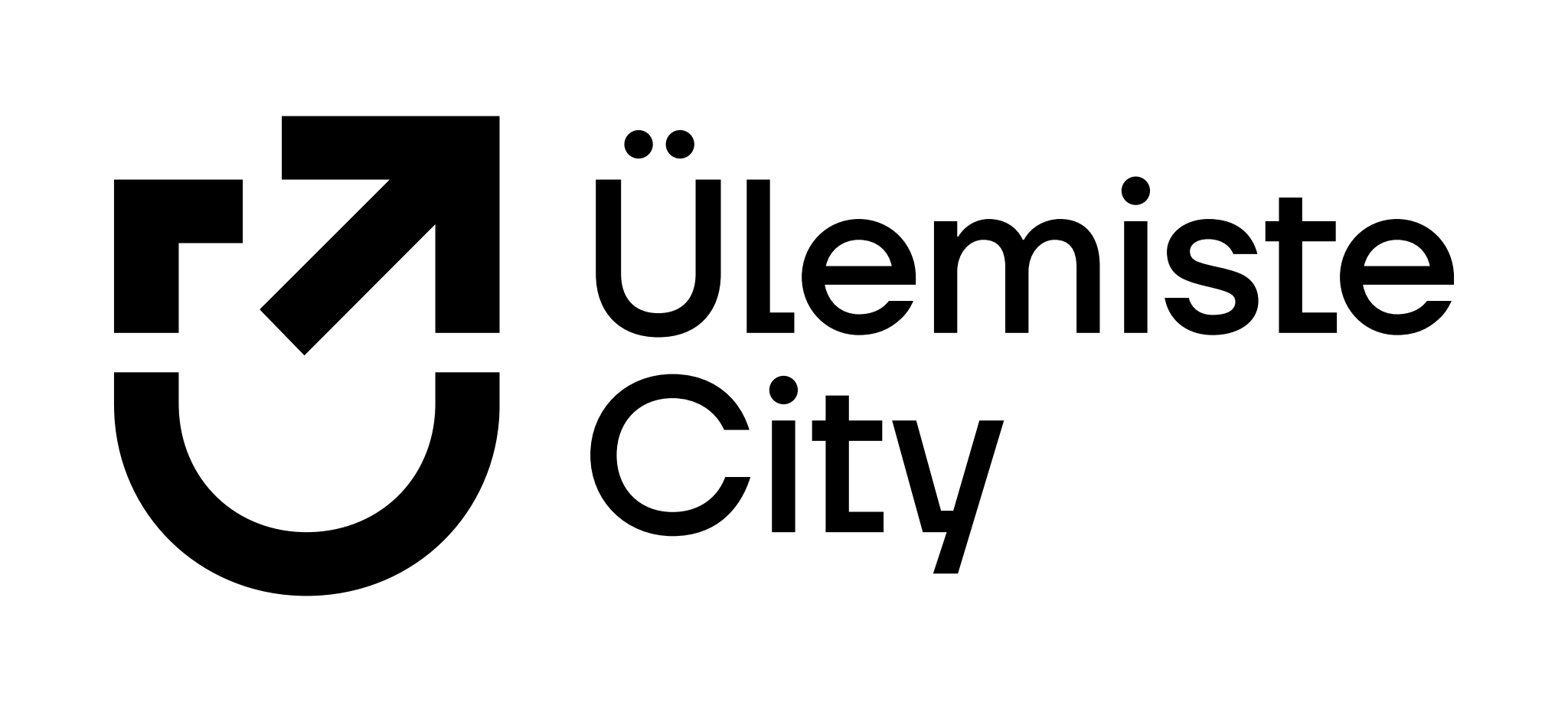Ülemiste City is one of Europe’s most forward-looking urban districts where innovation is built on long-term vision, data and daily collaboration. From self-driving buses and delivery robots to AI-powered energy tools, Ülemiste is the place where new solutions meet real complexity and context. The challenge of building an agile smart city is keeping people in the center of technological advances. In Ülemiste City the goal is for innovation and technology to improve the competitiveness of companies and how people move, learn, work, and live. Ülemiste City is a privately owned business district that strives for innovation enhancing the competitiveness of the district and its’ 400 companies. Based on the labor tax from business ventures, the contribution of Ülemiste City to the Estonian economy is third after the cities Tallinn and Tartu.
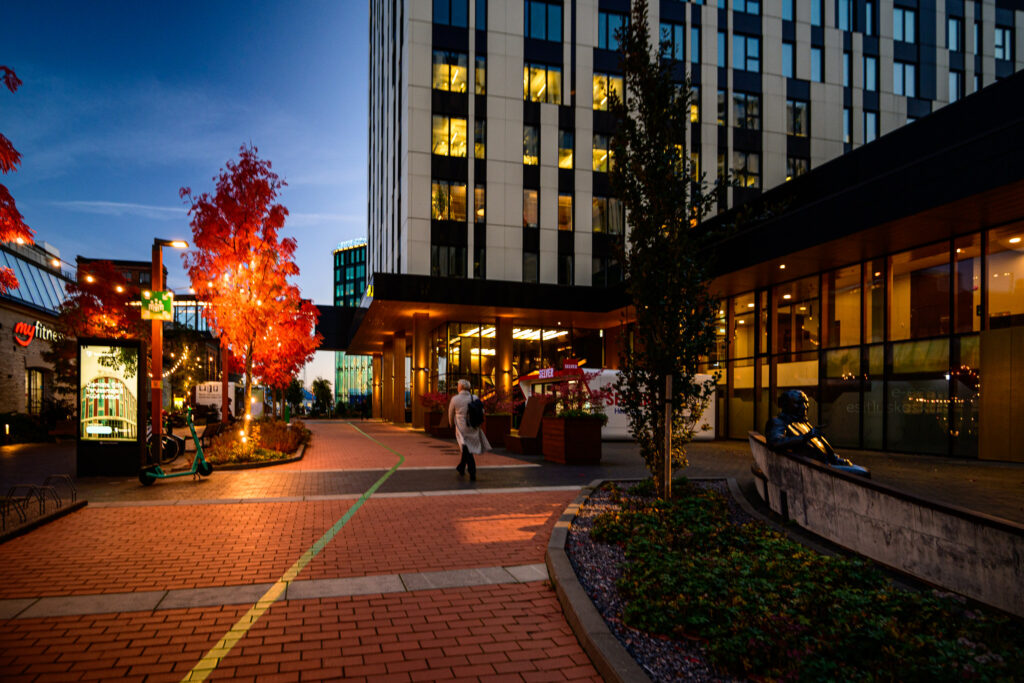
TEST YOUR INNOVATION IN A SMART CITY
At the heart of Ülemiste City’s innovation model is the strategic service platform Test City – a real-world sandbox where new ideas can be tried in a functioning urban setting. The aim is for startups and researchers to test not just technology, but how that technology fits into everyday life. Each pilot is built around one key idea: innovation only works if it is useful, usable, and makes people’s lives better and companies more competitive.
Some pilots come from local companies, others from global startups or universities. They need to match Ülemiste’s goals – better mobility, more sustainable systems, healthier living, and stronger economic resilience.
People and companies are not just passive participants in the process. Residents, employees, and students get involved from the beginning as contributors. The feedback they give shapes the outcome and often, it is not the technology that changes, but the service model.
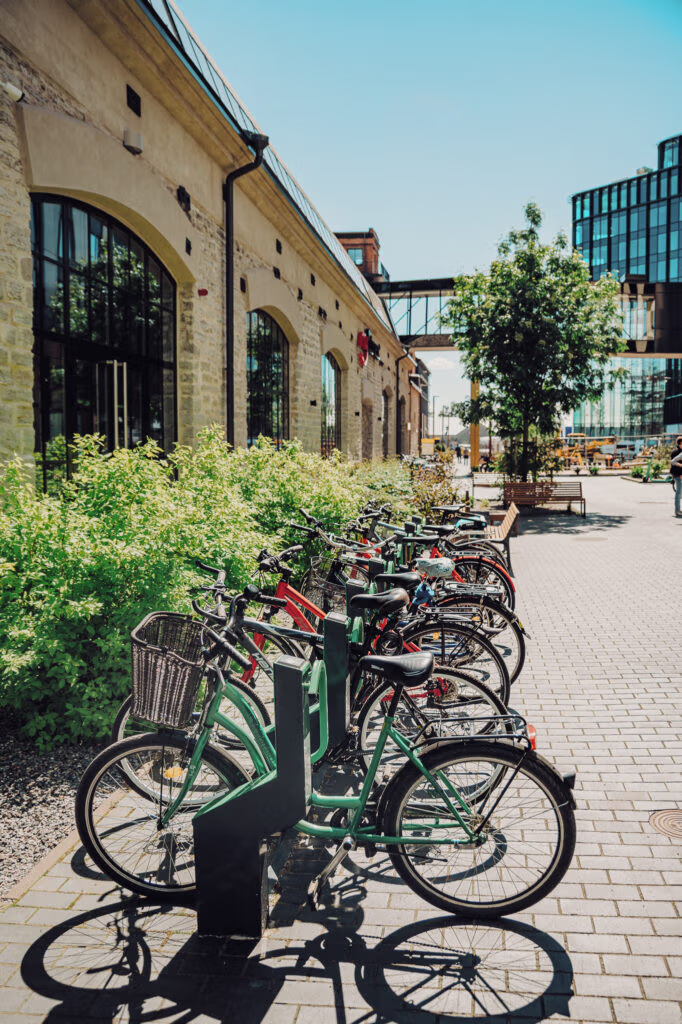
TURNING BUILDINGS AND STREETS INTO DATA SOURCES
In 2022 R8 Technologies and Ülemiste City conducted a phased trial of the AI assistant Jenny in office buildings. The Test City team enabled access to real-time building systems data and supported tenant engagement to measure comfort levels during the transition. Over the six-month pilot, R8 Jenny autonomously managed HVAC settings, achieving 20–30% reductions in energy consumption. Based on these results, Ülemiste scaled the solution to all office buildings – making it one of Northern Europe’s first business districts to completely adopt AI-led indoor climate management.
At the same time, a project with Fyma used Ülemiste’s existing security camera network to conduct a full-cycle urban mobility analysis. With Test City team acting as both data steward and use-case coordinator, the 2023 pilot captured anonymized movement patterns of pedestrians, cyclists, cars, trucks, and scooters. The Test City framework allowed partners to validate hypotheses in real-world conditions: the effectiveness of temporary road closures or the behavioral impact of the “Bike 2 Work”program.
Test City team helped the companies not only as host but as a strategic co-pilot – aligning experiments with long-term urban development goals and translating pilot results into practical investment decisions. The lesson is that smart cities do not just install technology – they test, improve, and scale ideas that are valuable.
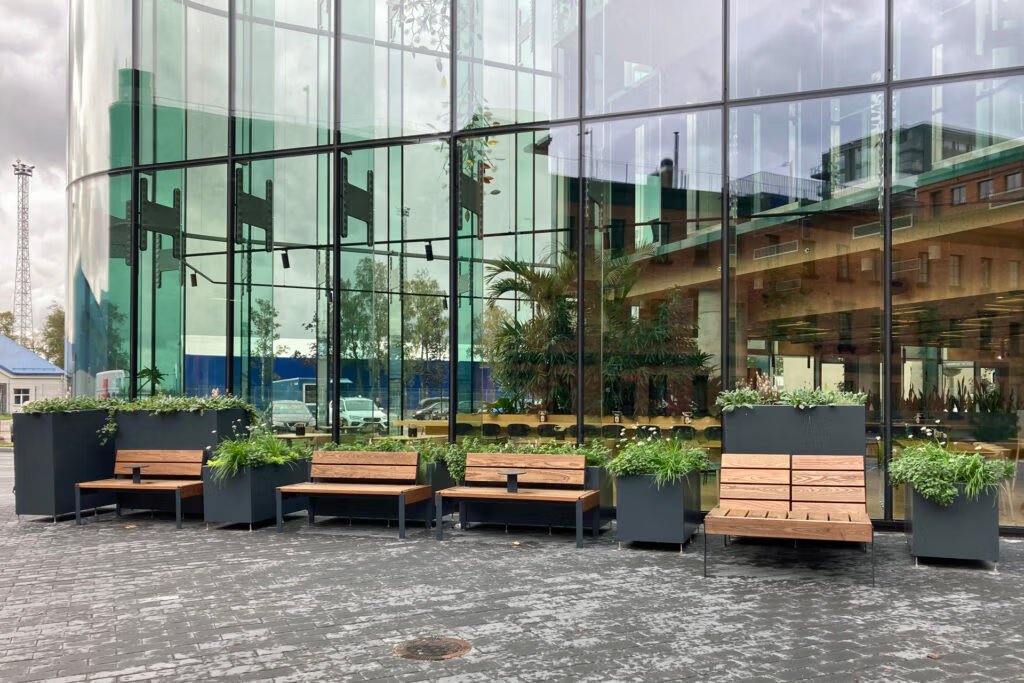
TRIPLE HELIX MODEL OF INNOVATION IN ACTION
Ülemiste City has spent the past decade building an interdisciplinary research and talent ecosystem to blend academic research with commercial ambition.
In 2016 Mainor and Mainor Ülemiste formalized a strategic partnership with TalTech University, leading to the appointment of the Future City Professorship for creating mobility and vitality models, in collaboration with Telia and Ericsson. The partnership helps embed scientific thinking into everyday development decisions. Today, the collaboration spans multiple educational institutions, with students and PhD researchers engaging directly with companies on several topics – from digital twins to mental wellbeing in hybrid work environments. Ülemiste’s own scholarship and grant programs reinforce the educational collaboration, supporting dozens of early-stage researchers each year.
With Tartu University Ülemiste City has developed the 3×3 health model and a community model that offer guidance in designing an environment and social infrastructure for healthier and better-connected talents.
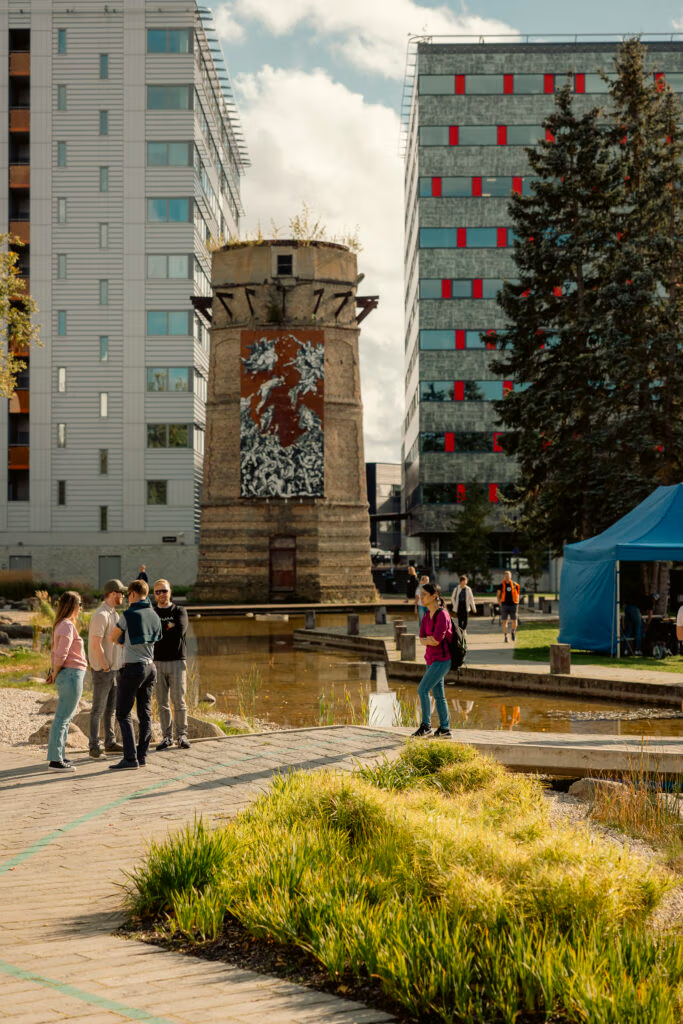
BUILDING EUROPE’S SMART CITY LAB THROUGH ACADEMIA-INDUSTRY COLLABORATION
Ülemiste City’s innovation model is not just local, it’s embedded in a growing web of European R&D&I consortia. Led by campus developer Mainor, the city regularly participates in projects under Horizon Europe, Erasmus+,Nordplus, and EIT Urban Mobility, tackling strategic themes such as cybersecurity, robotics, health interventions, data ecosystems, logistics, and energy sustainability.
Many of these projects are initiated or co-led by Ülemiste City’s development team, often in partnership with universities across the continent. The Estonian Entrepreneurship University of Applied Sciences Mainor (EUAS Mainor) contributes as a research partner and applied education hub.
Ülemiste’s open Innovation Network, which includes companies and innovation managers across Estonia, acts as a living marketplace for these ideas. Through workshops, collaborative pilots, and strategy co-creation, businesses engage directly in shaping and scaling innovations born from R&D.
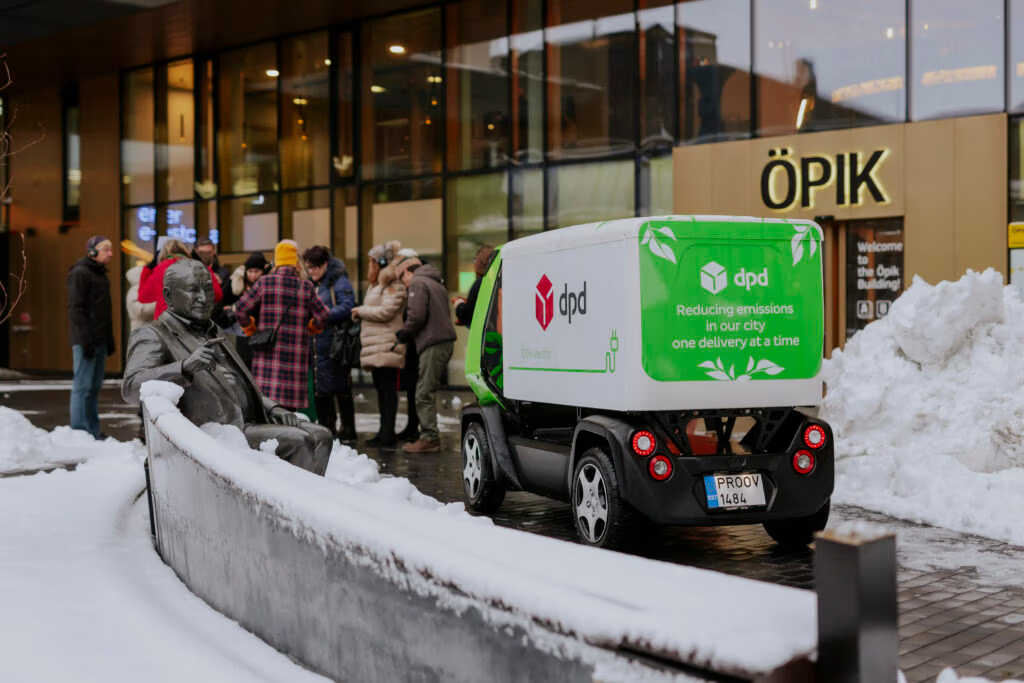
FROM GREEN BUILDINGS TO SMARTER SUSTAINABILITY: HOW RADAR AND GREEN CITY SERVICE TURN INSIGHT INTO IMPACT
Ülemiste City is built on 100% green electricity and the buildings are LEED-certified.
Through the Test City platform and its broader Green City initiative, Ülemiste is using sensor-driven monitoring for waste, energy, and mobility. Data dashboards feed into adaptive building systems, maintenance cycles, and future planning. The amount of cars vs bicycles and the level of CO2 emitted in Ülemiste City is shown on screens on the campus, so every day it is possible to see real-time data on mobility. The goal is to get talents to choose more sustainable and healthier modes of transport and for the companies to support them in these choices.
The Green City Service, developed by Ülemiste’s innovation team, offers tenants real-time insight into their own environmental footprint, including electricity use, heating, cooling, waste, and even mobility. This shared access to building and behavioral data enables joint decision-making. Tenants are nudged to take climate-positive action, property managers adjust systems based on user patterns, and the whole campus becomes a feedback-driven sustainability network.

What is notable is how these systems reflect behavioral patterns. A mobility heatmap, for example, is not used only for traffic management – it informs where to invest in new micro mobility corridors or where to redesign sidewalks for higher foot traffic.
RADAR goes a step further. Co-developed with the University of Tartu, TalTech and EUAS Mainor; RADAR is a modular data-driven urban governance platform, which integrates 150+ research-based KPIs across six domains – from community well-being to CO2 emissions and gives insights to support both public and private decision-makers.
RADAR was born from desire to better measure the main economic indicators of Ülemiste City companies and how they change over time: salaries, export, added value to the economy.
RADAR has already helped model optimal mobility flows, evaluate CO2 reduction strategies, assess Ülemiste’s contribution to smart economy, and track urban vitality trends. With early interest from cities and developers in Europe and beyond, RADAR is becoming a global export model for future-proofed urban management.

GATEWAY FOR GLOBAL TALENT AND IDEAS
Ülemiste City’s location next to Tallinn Airport and soon, the Rail Baltica passenger terminal, opens it up to the wider world. The ecosystem design adds to the infrastructure: from talent onboarding services to International House, Ülemiste is a soft-landing zone for newcomers. For global firms, it offers a European base with direct access to Estonia’s digital governance ecosystem. International families benefit from English-speaking family doctors and the International School of Tallinn (IST). With talents from 83 nationalities already working on campus, Ülemiste has become a top destination for global professionals.
INNOVATION AS A SHARED CAPACITY
Ülemiste City is also helping others to build their future. Drawing on two decades of hands-on transformation, Ülemiste has formalized its learnings into a scalable Smart City concept, now offered to municipalities, campuses, and districts worldwide.
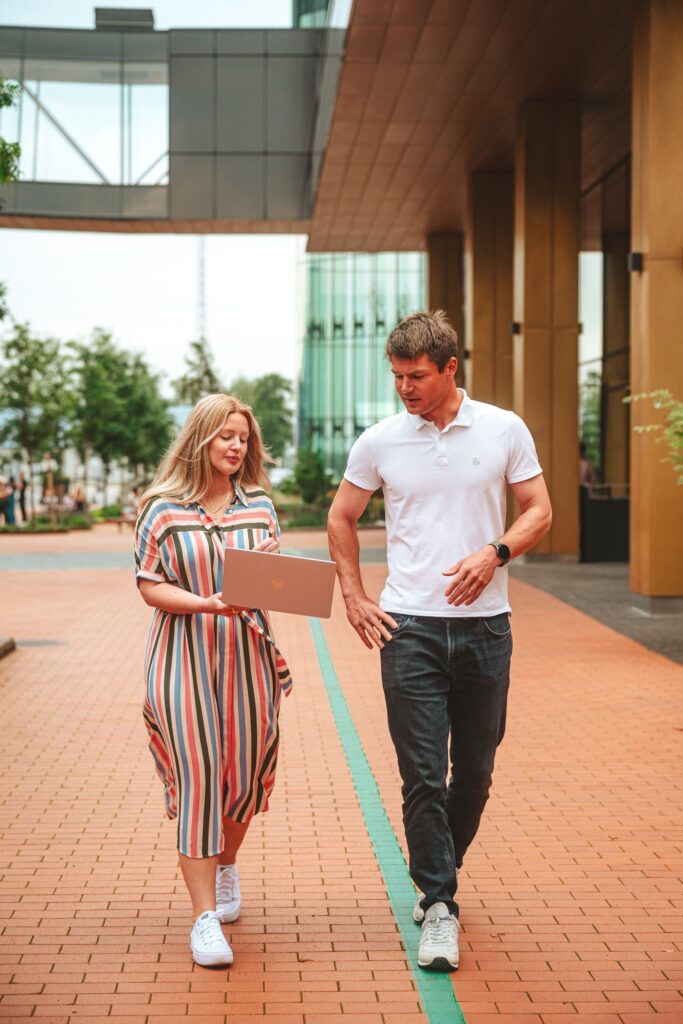
The Ülemiste Future City Concept delivers validated, modular practices – from strategic planning and innovation governance to data infrastructures and human-centered services. It has been applied in diagnostics, training, and city transformation roadmaps across Europe, supporting public-sector teams and private developers alike.
Ülemiste City continues to grow with new developments adding over 300,000m² of office, residential, and mixed-use space. Energy-efficient buildings meet the needs of fast-scaling tech companies and international headquarters, offering everything from flexible workspace to R&D lab environments.
Whether the starting point is a campus, brownfield site, or an entire urban quarter, Ülemiste shows how to build innovation by design, not by chance.

